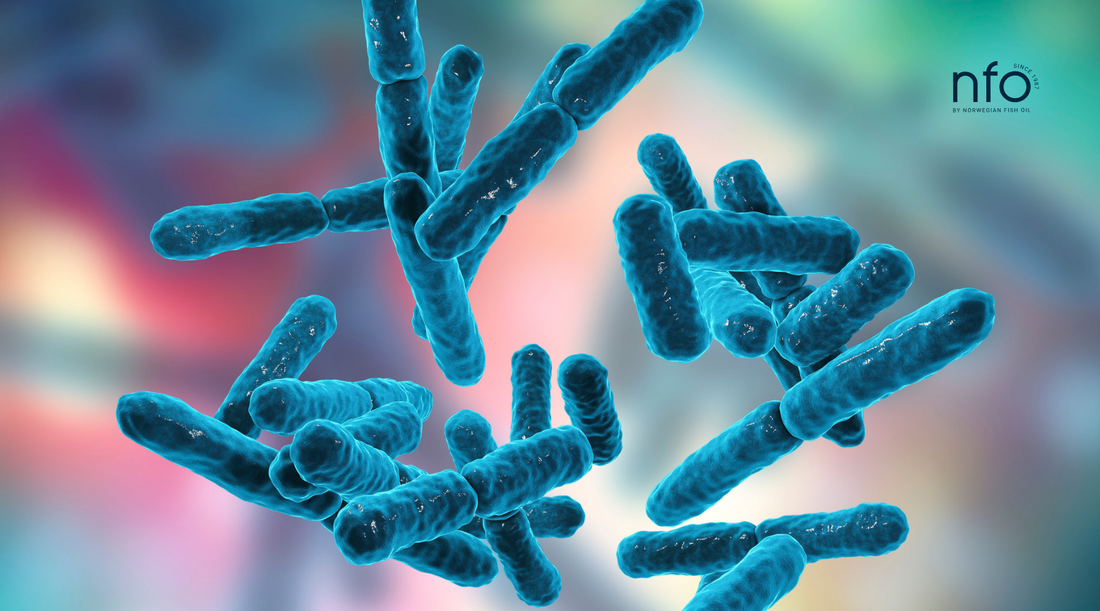
صحة الأمعاء صارت موضوع أساسي في علم التغذية الحديث. كثير من الناس يعرفوا عن البروبيوتيك والبريبايوتيك، لكن البوستبيوتيك بدأ يطلع كعنصر مهم ثاني للحفاظ على صحة الأمعاء. بس إيش هي البوستبيوتيك وكيف تدخل في الصورة؟
فهم البريبايوتيك والبروبيوتيك
البريبايوتيك هي مكونات غذائية غير قابلة للهضم وتعتبر أكل للبكتيريا النافعة في الأمعاء. غالباً تلاقيها في الأطعمة الغنية بالألياف زي الموز، البصل، الثوم، والحبوب الكاملة.
أما البروبيوتيك فهي بكتيريا نافعة حية تساعد في صحة الأمعاء. تلاقيها في الأطعمة المخمرة زي الزبادي، الكفير، والكيمتشي.
إيش هي البوستبيوتيك؟
البوستبيوتيك هي نواتج الأيض اللي تطلع من البروبيوتيك. تشمل أحماض دهنية قصيرة السلسلة (SCFAs)، ببتيدات، ومركبات ثانية لها فوائد صحية مباشرة. على عكس البروبيوتيك، البوستبيوتيك ما فيها بكتيريا حية، وهذا يخليها أكثر استقرار وأسهل في إضافتها للمكملات والمنتجات الغذائية.
فوائد البوستبيوتيك
دراسات كثيرة تشير إن البوستبيوتيك لها دور في تحسين صحة الأمعاء، تقليل الالتهابات، ودعم المناعة. من الفوائد الثانية المحتملة:
- تعزيز وظيفة حاجز الأمعاء
- تنظيم الاستجابات المناعية
- تقليل مشاكل الهضم
مصادر البوستبيوتيك
تقدر تحصل على البوستبيوتيك بشكل طبيعي من خلال تخمير الأطعمة الغنية بالألياف أو عن طريق المكملات الغذائية. الأطعمة المخمرة زي الميسو، مخلل الملفوف، والتيمبيه تعتبر مصادر ممتازة.
مستقبل البوستبيوتيك
مع استمرار الأبحاث، ممكن البوستبيوتيك تصير جزء أساسي في الأطعمة الوظيفية والعلاج الغذائي الطبي. استقرارها وفوائدها الصحية يخليها مرشحة بقوة لتطبيقات مستقبلية في صحة الأمعاء وأكثر.
المراجع
- Gibson, G. R., et al. (2017). The concept of prebiotics. Nutrition Research, 39, 1-18.
- Ouwehand, A. C., et al. (2018). Probiotics: An overview of beneficial effects. Microbial Ecology, 76(2), 226-238.
- Salminen, S., et al. (2021). Postbiotics—A new horizon in microbiome science. Nature Reviews Gastroenterology & Hepatology, 18, 681-695.
- Shimizu, K. (2022). Postbiotic metabolites: Key regulators of gut health. International Journal of Molecular Sciences, 23(5), 4634.
- Miyazaki, K., et al. (2023). Role of postbiotics in digestive health. Nutrients, 15(6), 899.
- Takahashi, H., et al. (2024). Postbiotic applications in functional foods. Gut Microbes, 16(1), 2395092.